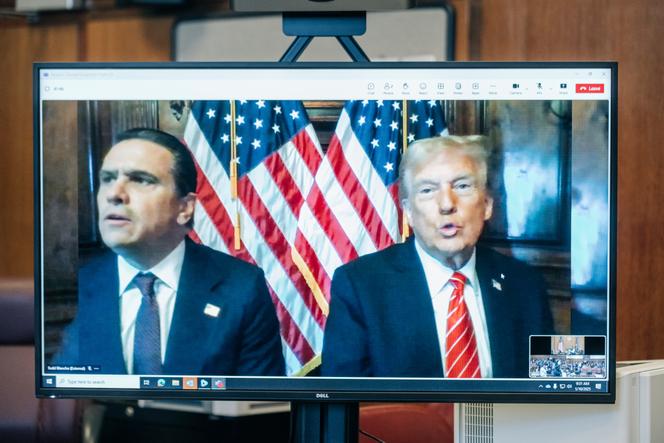On January 10, 2025, President-elect Donald Trump was formally sentenced in a New York court following his conviction on 34 felony counts related to falsifying business records to conceal hush money payments during his 2016 presidential campaign. In a rare judicial decision, Judge Juan M. Merchan issued an "unconditional discharge," meaning Trump will face no jail time, fines, or probation.
The charges stemmed from payments made to adult film actress Stormy Daniels, intended to suppress information that could have adversely affected Trump's 2016 election prospects. Despite the conviction, the lack of punitive measures allows Trump to proceed with his inauguration on January 20, 2025, unimpeded by legal sanctions.
Judge Merchan's decision to impose no penalty is unprecedented for felony convictions. He cited the necessity to respect the legal protections afforded to a president-elect while acknowledging the jury's unanimous verdict. This approach ensures the case's closure before Trump's assumption of the presidency.
Trump and his legal team have consistently labeled the prosecution as politically motivated. Following the sentencing, they announced plans to appeal the conviction, maintaining the stance that the charges were unfounded.
This development marks a historic moment, as Trump becomes the first individual to assume the U.S. presidency following a felony conviction. The absence of immediate penalties means he retains his civil rights, including the right to vote, though certain restrictions, such as the prohibition on firearm possession, remain in place.
The case has elicited varied reactions across the political spectrum. Supporters view the absence of punishment as a vindication, while critics argue it sets a concerning precedent regarding accountability for public officials. As Trump prepares to begin his term, the implications of this legal outcome continue to be a subject of national discourse.

